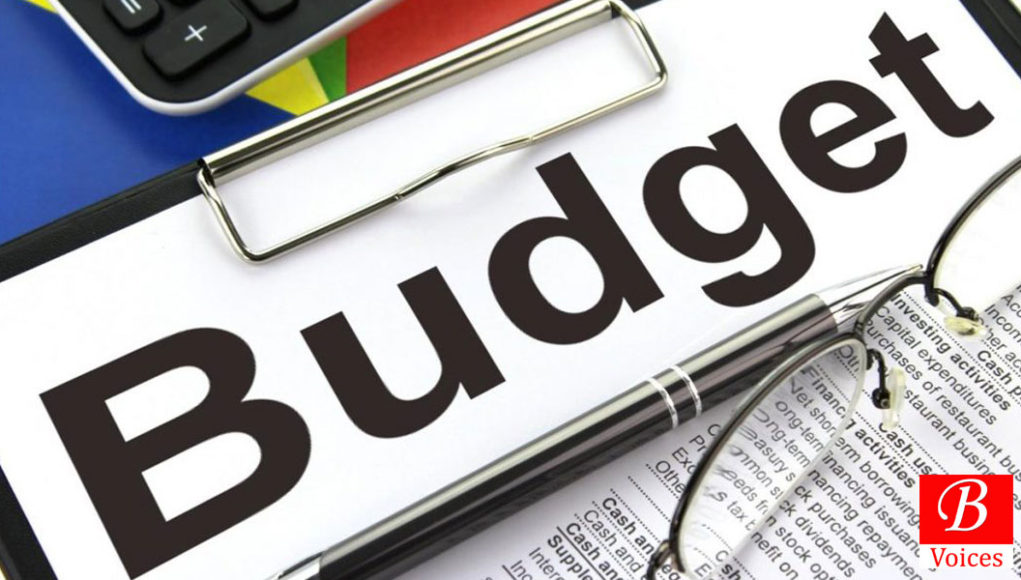Adnan Aamir
The incumbent government of Balochistan is all set to present its final budget on June 13. The total outlay of the budget for fiscal year 2017-18 is expected to be around Rs320 billion.
The significance of this budget is that it marks the government’s last opportunity to show progress. At the same time, the manner in which the budget will be formulated is likely to have implications for the upcoming Senate and general elections next year.
In Balochistan, budget-making has always been a controversial exercise where the focus has been on politically bribing the members of the provincial assembly rather than allocating funds for projects that serve the collective public welfare. One of the reasons that there is always negligible parliamentary opposition in the Balochistan Assembly is that everyone is kept happy through budgetary allocations at the cost of the real issues faced by the people.
Read Also: Balochistan Government Presents Final Budget with Record Deficit and Development Funds
Development funds are the capital expenditure used for building roads, schools and hospitals. Funds are not allocated based on any integrated plan. As a result, every year these funds usually end up in the pockets of politicians and bureaucrats without bringing about any meaningful change in the lives of the people.
In addition, development budgets can make a meaningful difference only when they are spent on the basis of multi-year plans. Unfortunately, this has never been the case in Balochistan. Last year, 77 percent of development funds were earmarked for the new projects and 23 percent for the old initiatives. This suggests that those projects which were started in the last three or four years and are almost nearing completion were ignored in the allocations. As a result, there is a strong likelihood that these projects will be left incomplete even though billions of rupees have already been spent on them.
In a similar vein, when a new government makes the budget next year, it will discard the projects started by the previous government and start its own. As a result, the chain of wasting scarce resources available for the development of the province due to the government’s flawed budgetary priorities continues unabated.
In addition to that, there are also countless issues of incorrect and unrealistic budgetary planning. Budgets in Balochistan are made by bureaucrats upon the instructions of politicians. There is not much academic and technical work involved and that makes the budget and its allocations prone to blunders. For example, in the last budget, a large amount of Rs10 billion was allocated for the infamous Quetta Water Supply Project when its feasibility study had not even been conducted. This project is based on pumping water upstream to Quetta from Pat Feeder Canal, which is situated 400 kilometres from Quetta.
At first glance, even a layman would have disapproved of this project. But it was incorporated in the budget last year. Unsurprisingly, not a single penny that was allocated for this project has been spent.
Countless questions are also being raised on the budget-spending ability of the incumbent Balochistan government. For instance, funds worth Rs72 billion were allocated for development projects in the last budget. As per the figures available last week through various sources, the government has only been able to release Rs49 billion and actually spent Rs27 billion of these funds. This shows that on the one hand, the government of Balochistan makes appeals for more funds while on the other, it can’t even spend the funds which are at its disposal.
Usually the budgets are made so as to achieve goals and targets set by a government for its tenure. These goals are set in such a way that manifesto promises of the ruling party can be achieved. However, there is no such long-term thinking involved in Balochistan.
A couple of weeks ago, this writer – in a piece titled ‘Balochistan’s under-reported poverty’ (May 28, 2017) published in The News on Sunday – revealed that Balochistan is losing Rs28 billion every year due to the manipulation of poverty figures in the 7th NFC calculations. In short, poverty in Balochistan has been downplayed by cherry picking outdated poverty reports and reducing Balochistan’s share once resources are divided.
No one from the so-called experts of Balochistan government managed to detect this issue even though they incorporate 7th NFC report in the budget every year. Even now, when the matter has been brought to the fore, no political party of the opposition has bothered to raise this issue with the federal government as they are only concerned about the allocation of development funds.
The most disappointing thing for the people of Balochistan is that the process of flawed budget-making is likely to continue in the near future. The reason for this is that there is no concept of electoral accountability for individual politicians in Balochistan. A majority of lawmakers who are currently in the provincial assembly tend to win their seats in every election. They are expert turncoats and waste no time in joining the party that is in power. They are always in power and can therefore afford to commit blunders at the detriment of the public interest.
A large amount of funds, which are at the disposal of the provincial government, are always wasted due to the self-serving and flawed approach to budget-making. Unfortunately, this practice will continue in the near future due to the lack of real electoral accountability in the province. As always, the loser in this equation is the helpless citizen of Balochistan.
Courtesy: The News International
Share your comments!








